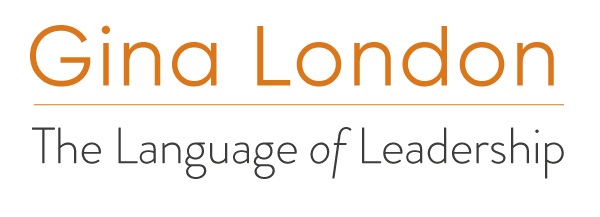
Two women were on the outdoor track this morning. One, wearing a knit cap for extra warmth, had her head slightly lowered and was jogging at a steady pace. The other in a yellow wind-breaker and no hat, was briskly walking with her head held up, and carried a paper COFFEE CUP in her right hand.
I immediately wondered at the second woman’s choice to walk on the track – while also sipping a coffee. How much was she focusing on her decision to exercise? And really, how effective did she expect to be at the task at hand?
Of course you could argue it was better than nothing. At least she wasn’t sitting in front of the TV sipping her coffee.
But she could’ve easily done even better. That’s the problem with any distraction, isn’t it? When we don’t focus our attention solely on the effort before us, we will likely not be as successful at it.
- As the number of attention-demanding tasks we attempt to do at the same time go up, the effectiveness of our brain to manage them goes down.
Many of us, myself included, may have considered ourselves good “multi-taskers.” We seldom complete one task before moving on to the next one on our list. Instead, our workspace is littered with a variety of “ongoing” projects that get pushed aside as we take a ‘quick’ call, check our email in-box, Instagram, Facebook or whatever. Some projects may be better if you step away and take a break before reviewing, etc. But others need continued attention and focus in order to be completed in a timely manner.
We have limited brain capacity to focus. Think about that the next time you’re working on a project or the next time you phone and drive. Even hands free. In spite of what you may think, studies show they’re no safer than hand-held. We’re still distracted.
- Consider making to do lists in order of “attention-demanding” priority. Allot specific times to specific tasks.
When preparing for a presentation, for example, if you carve out an hour for research, commit to making the full hour only about research. If you let distractions creep in, the hour will still pass by, but your research results won’t reflect it.
- Get rid of distractions when meeting with colleagues, friends, and loved ones.
I sat recently in a café and watched a couple sitting together at a table. Although they were side by side, they spoke not a word, but kept their faces buried in their phones. How many times have you met with a colleague who sits behind his or her desk and continues to check their computer? How about meetings or presentations where laptops and tablets are clearly in play. Putting aside such things for others shows respect and recognizes the value of everyone’s time.
It takes discipline to be methodological but time that is not managed, is often time that is wasted.
The one thing that money cannot buy is effective use of time. Get rid of distractions and make every second count.
So the next time you’re on the race track, put down that coffee cup and get going!
Copyright 2015 Gina London. All Rights Reserved.








